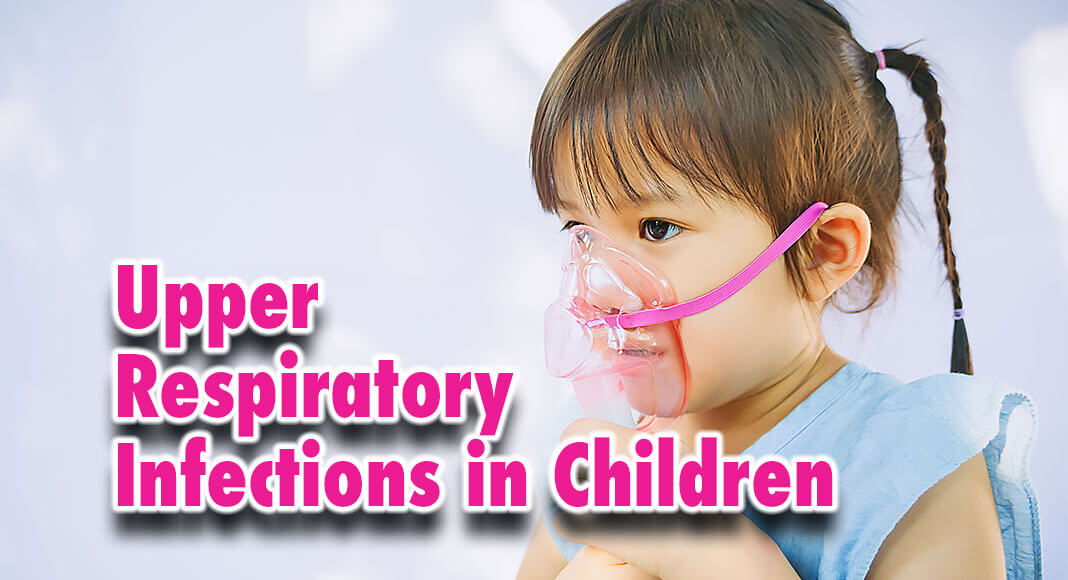
Mega Doctor News
By Heather Carlson Kehren
MAYO CLINIC – ROCHESTER, Minn. ― Upper respiratory infections are a common occurrence this time of year. Seasonal cases of influenza, strep throat and respiratory syncytial virus (RSV) have increased over the past few weeks, especially among children. At the same time, COVID-19 remains active in the community.
“Most children with upper respiratory infections will have a mild illness, including cold-like symptoms, fever and cough, that can be managed at home,” says Marcie Billings, M.D., pediatrician and division chair of Community Pediatric and Adolescent Medicine at Mayo Clinic in Rochester. “While differences exist among all viruses, the recommendations for care at home are the same — have your child rest, keep them well hydrated and use fever-reducing medications when needed for children 3 months of age or older. This is also a time to make sure children are up to date with their vaccinations and schedule those shots when they are well.”
For children at high risk for complications from influenza or other viruses, or parents and guardians who feel their child should be seen, contact your primary care team to determine if an outpatient visit is needed, says Dr. Billings.
“Testing for illnesses like RSV is not always needed or recommended, as it will not change the course of care for managing symptoms at home,” she says. “That’s why we don’t recommend scheduling an appointment or going to the Emergency Department just to get a test. Contact your primary care office to determine if your child should be seen. If so, the need for testing can be discussed during that visit.”
Influenza can worsen chronic health problems, such as asthma and congestive heart failure. Those at an increased risk of influenza-related complications include:
- Younger than 12 months old
- Pregnant or have given birth in the past two weeks
- Younger than 19 and are receiving long-term aspirin therapy
- Have certain chronic medical conditions, including lung diseases such as asthma, an airway abnormality, heart disease, diabetes, neurological or neurodevelopmental disease, metabolic disorders, and kidney, liver or blood diseases
- Have a weakened immune system due to factors such as long-term use of steroids or other immunosuppressants, HIV, organ transplant, blood cancer, or cancer being treated with chemotherapy
“As we enter this season and the upcoming holidays, we will see an increase in colds, flu and COVID-19 infections,” says Dr. Billings. “In many cases, kids can be safely cared for at home. Contact your primary care team if you have concerns and keep your child at home until symptoms improve. If your child tests positive for COVID-19, follow CDC isolation guidelines.”









